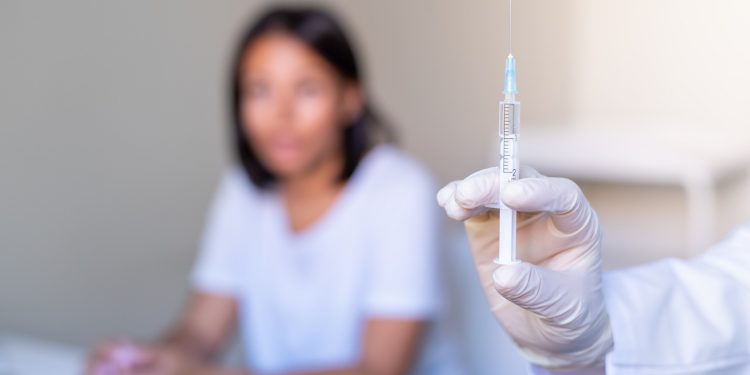The Human Papillomavirus (HPV) vaccine represents a significant advancement in the field of public health, offering protection against the most common sexually transmitted infection globally. HPV is associated with several types of cancers and other diseases in both men and women, making vaccination an essential tool for cancer prevention. Understanding the importance of HPV vaccinations can help reduce the incidence of these cancers and highlight the benefits of early immunization.
Prevention of Cancers and Other Diseases
HPV is linked to various types of cancer, including cervical, vaginal, vulvar, oropharyngeal (throat), anal, and penile cancers. The HPV vaccine can prevent the majority of these cases. For example, cervical cancer, the most common HPV-associated cancer, can be prevented with high rates of HPV vaccination. Vaccination can also prevent other conditions caused by HPV, such as genital warts.
Early Immunization Benefits
The vaccine is most effective when administered before individuals are exposed to the virus. The Centers for Disease Control and Prevention (CDC) recommends vaccination for preteens aged 11 to 12 years, but it can be given as early as age 9. Completing the vaccine series at a young age ensures protection before most individuals become sexually active, offering the best chance for the vaccine’s effectiveness against HPV.
Herd Immunity
Widespread vaccination can lead to herd immunity, indirectly protecting those who are unvaccinated or those for whom the vaccine is less effective. As vaccination rates increase, the spread of HPV within communities can significantly decrease, reducing the overall incidence of HPV-related diseases.
Safety and Efficacy
Extensive research and monitoring have shown that the HPV vaccine is safe and effective. Side effects are typically mild and can include pain at the injection site, dizziness, and headaches. Severe side effects are extremely rare. Studies have demonstrated that the vaccine provides long-lasting protection against the most harmful types of HPV, significantly reducing the risk of developing related cancers.
Gender-Neutral Vaccination
Initially, HPV vaccination was primarily recommended for girls and women to prevent cervical cancer. However, as understanding of the virus and its effects has expanded, vaccination is now recommended for boys and men as well. This gender-neutral approach helps prevent HPV-related diseases in all genders and reduces the transmission of the virus.
Addressing Vaccine Hesitancy
Despite its benefits, vaccine hesitancy remains a challenge. It’s essential to address myths and misinformation surrounding the HPV vaccine, emphasizing its role in cancer prevention. Healthcare providers play a crucial role in educating patients and parents about the vaccine’s safety and effectiveness.
The HPV vaccine is a powerful tool in the fight against cancer, offering protection against several types of cancer and other diseases caused by HPV. Early vaccination, ideally in preadolescence, maximizes the vaccine’s protective benefits. By increasing vaccination rates and achieving herd immunity, communities can significantly reduce the burden of HPV-related diseases. Public health efforts should continue to focus on educating the public about the importance of HPV vaccinations, ensuring that this critical preventive measure reaches as many people as possible.










